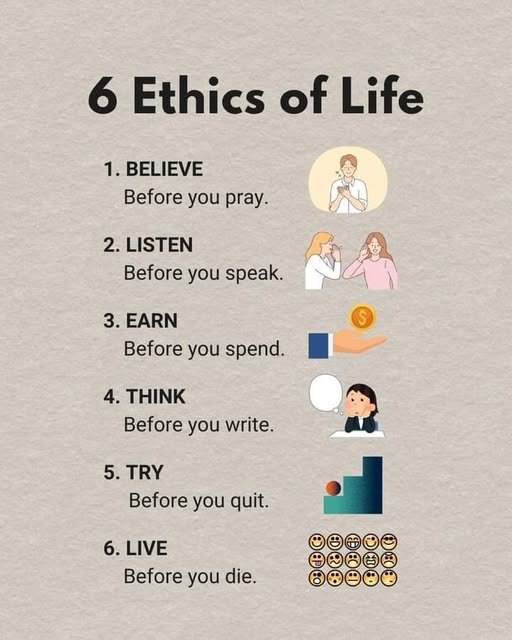For as long as I can remember, I’ve battled with uncertainty. I wanted control—over my future, my relationships, and even my emotions. But no matter how much I planned, worried, or analyzed, I never felt secure enough. Then I picked up \"The Wisdom of Insecurity\" by Alan Watts, and it hit me like a wake-up call: the very act of seeking security is what makes us feel insecure.
Watts argues that life is unpredictable, and trying to control it only leads to suffering. Instead of resisting uncertainty, we must embrace it. Happiness isn’t found in the past or future—it’s in fully living the present moment. Here are eight profound lessons that reshaped the way I see life.
1. The More You Chase Security, the More Anxious You Become
I used to believe that if I could just figure everything out, I’d finally feel safe. But Watts points out that the search for certainty is endless—there’s always another \"what if\" lurking around the corner. The more we chase security, the more we reinforce the belief that we don’t have it, which keeps us trapped in anxiety.
2. The Present Moment Is the Only Reality
Most of our suffering comes from obsessing over the past or fearing the future. But neither actually exist—the past is just a memory, and the future is pure imagination. Watts reminds us that life only happens right now. If we can truly be in the present, we’ll find the peace we’ve been searching for.
3. Let Go of the Illusion of Control
We cling to plans, expectations, and routines because they make us feel in control. But Watts argues that control is an illusion—life unfolds unpredictably, no matter how much we prepare. Instead of resisting change, we should learn to flow with it. Surrendering to uncertainty doesn’t mean giving up; it means trusting life as it happens.
4. Happiness Is Not a Destination—It’s a Byproduct of Presence
We often think, I’ll be happy when I get that job, relationship, or success. But Watts reminds us that happiness isn’t something we achieve in the future—it’s something we experience when we stop chasing and start living. The more we focus on \"getting somewhere,\" the more we miss the joy of being here.
5. Pain and Pleasure Are Two Sides of the Same Coin
We want happiness without sadness, love without loss, and pleasure without pain. But Watts teaches that life doesn’t work that way. You can’t experience deep joy without also being open to suffering. Instead of resisting pain, we must accept it as a natural part of existence—only then can we truly appreciate life’s beauty.
6. The Ego Is an Illusion That Keeps Us Trapped
We spend so much time constructing a sense of identity—our achievements, opinions, and self-image. But Watts challenges this idea, saying the ego is just a mental construct, not who we really are. The more we cling to a fixed sense of self, the more we suffer. True freedom comes when we let go of rigid identities and embrace the fluid nature of life.
7. Love Is About Connection, Not Possession
We often try to \"hold on\" to love—seeking security in relationships, fearing loss, and expecting permanence. But Watts reminds us that love is not about possession or guarantees; it’s about fully experiencing the connection in the present moment. Love, like life, is only real when we stop trying to control it.
8. Life Is Meant to Be Lived, Not Figured Out
We spend so much time analyzing life, trying to make sense of everything. But Watts argues that life isn’t a puzzle to solve—it’s an experience to immerse ourselves in. The point isn’t to figure out life’s meaning but to live in a way that makes meaning irrelevant. The less we try to force answers, the more we open ourselves to the wonder of simply being.
























.jpg)
.jpeg)






.jpg)

.jpg)

.jpg)

.jpeg)






.jpg)

 (3).jpg)








.jpeg)











.jpeg)











.png)
.jpeg)



.jpg)







.jpg)

